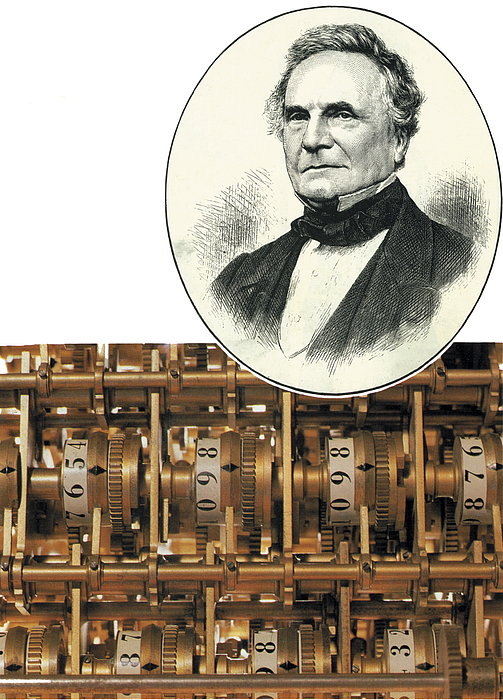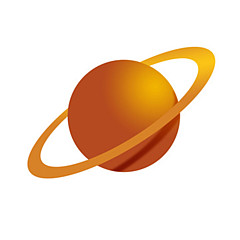Use code RJTJFG for 20% off at checkout. Until 5/31/20


Boundary: Bleed area may not be visible.

The watermark at the lower right corner of the image will not appear on the final product.

by Science Source
$25.00
Size
Bottom Style
Image Size
Product Details
Dress it up, dress it down, or use it to stay organized while you're on the go. Our zip pouches can do it all. They're crafted with 100% poly-poplin fabric, double-stitched at the seams for extra durability, and include a durable metal zipper for securing your valuables.
Our zip pouches are available in three different sizes and with two different bottom styles: regular and t-bottom.
Design Details
Charles Babbage (December 26, 1791 - October 18, 1871) was an English mathematician, philosopher, inventor and mechanical engineer who originated the... more
Care Instructions
Spot clean or dry clean only.
Ships Within
2 - 3 business days

Photograph

Canvas Print

Framed Print

Art Print

Poster

Metal Print

Acrylic Print

Wood Print

Greeting Card

iPhone Case

Throw Pillow

Duvet Cover

Shower Curtain

Tote Bag

Round Beach Towel

Zip Pouch

Beach Towel

Weekender Tote Bag

Portable Battery Charger

Bath Towel

Apparel

Coffee Mug

Yoga Mat

Spiral Notebook

Fleece Blanket

Tapestry

Jigsaw Puzzle

Sticker
Charles Babbage (December 26, 1791 - October 18, 1871) was an English mathematician, philosopher, inventor and mechanical engineer who originated the concept of a programmable computer. In 1822 he began work on what he called the difference engine, made to compute values of polynomial functions, and created to calculate a series of values automatically. By using the method of finite differences, it was possible to avoid the need for multiplication and division. Although his machines were mechanical and unwieldy, their basic architecture was very similar to a modern computer and were among the first mechanical computers, although they were not actually completed. Soon after the attempt at making the difference engine crumbled, he started designing a different, more complex machine called the Analytical Engine. The main difference between the two engines is that the Analytical Engine could be programmed using punched cards. He realized that programs could be put on these cards so the des...
$25.00


There are no comments for Charles Babbage, English Computer #1. Click here to post the first comment.